detail profile andrzej may
Peran Yang Di Mainkan Andrzej May
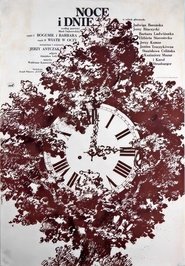 A family saga of Barbara OstrzeskaNiechcic...
A family saga of Barbara OstrzeskaNiechcic...Nights and Days 1975
A family saga of Barbara Ostrzeńska-Niechcic and Bogumił Niechcic against the backdrop of the January Uprising of 1863 and World War I. The film is a rather straightforward and faithful adaptation of a novel by Maria Dabrowska with the same title. The plot is woven around the changing fortunes of a noble (upper-class) Niechcic family in the pre-WWI Poland. There are two main crossing threads: a social history one and an existential one.
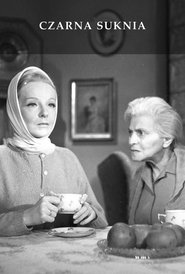 Two handed chamber piece about a...
Two handed chamber piece about a...The Black Dress 1967
Two handed chamber piece about a middle aged woman who returns from the camps after WWII and meets the mother of her deceased husband. Unable to explain the truth about her husband’s death, Joanna weaves a web of lies to comfort the old woman. In time she is forced to involve more and more people who know of his fate.
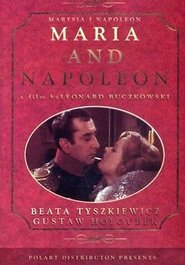 In 1807 Napoleon meets and falls in...
In 1807 Napoleon meets and falls in...Maria and Napoleon 1966
In 1807, Napoleon meets and falls in love with 22-year-old Polish countess Marie Walewska, who is unhappily married to a much older man. Enchanted by the blonde, blue-eyed countess, the emperor enters into an affair with Marie, who uses the relationship to induce Napoleon to treat Poland fairly.
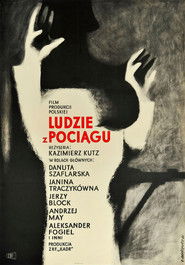 A group of people find themselves...
A group of people find themselves...The People from the Train 1961
A group of people find themselves stuck in remote train station in German-occupied Poland. A drunk German station guard there gets paranoid and sees partisans all around him, phones headquarters, and when the German soldiers arrive and search the station they find a gun. They then threaten to execute every fifth person unless someone claims it.
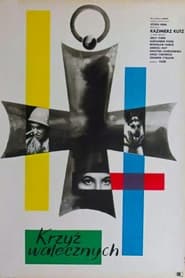 Three episodes showing the repercussions of...
Three episodes showing the repercussions of...Cross of Valor 1959
Three episodes showing the repercussions of war. A soldier is awarded with the Cross of Valor and vacation to home. But instead of his village, he finds only the charred ruins. A stray dog turns out to be the former guard at Auschwitz. A young widow is hailed as the wife of the hero but dreams of something else.
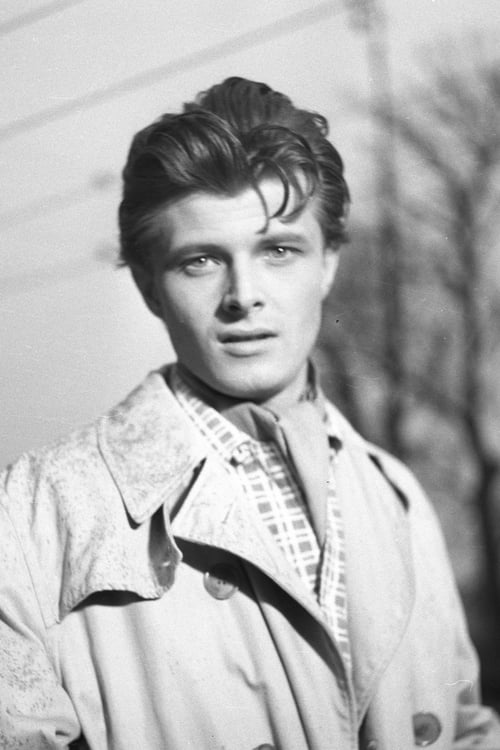
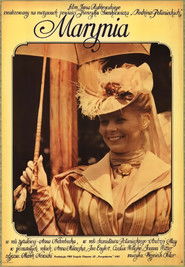
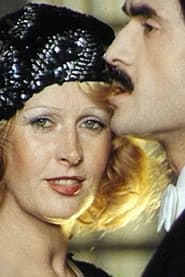 An industrialists wife announces that she...
An industrialists wife announces that she... Three stories describing the life of...
Three stories describing the life of...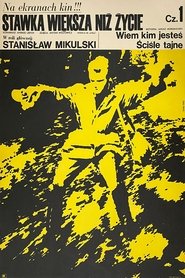 The first of six episode compilations...
The first of six episode compilations...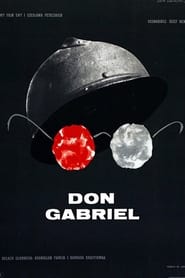 The first Polish film to discuss...
The first Polish film to discuss...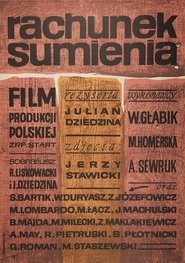 The wrongly convicted Roman leaves prison...
The wrongly convicted Roman leaves prison...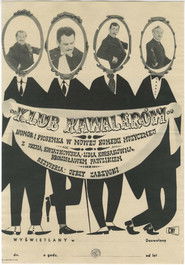 A group of chauvinistic men start...
A group of chauvinistic men start... Mirek Kubiak is a primary school...
Mirek Kubiak is a primary school...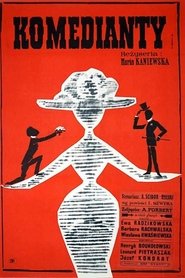 Two travelling actors break from their...
Two travelling actors break from their... A pair of lovers go off...
A pair of lovers go off...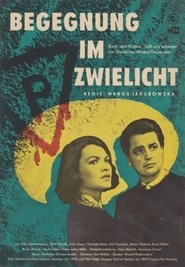 A pianist from Poland visits a...
A pianist from Poland visits a... Set in the occupied Warsaw the...
Set in the occupied Warsaw the...